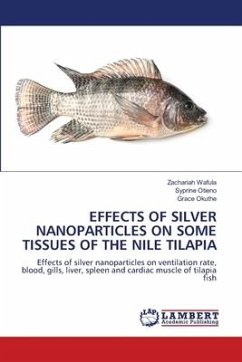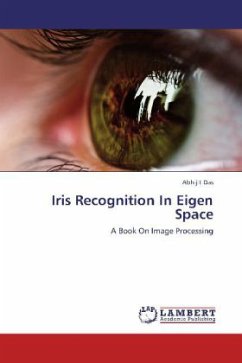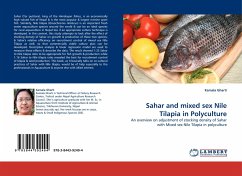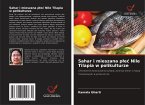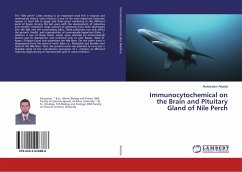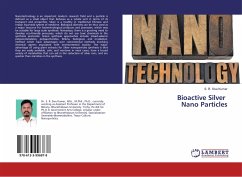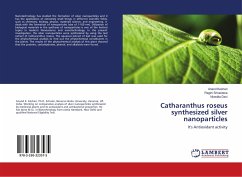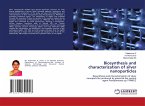Silver nanoparticles are incorporated in many consumer and biomedical products due to their unique antimicrobial properties. Continuous use of these products can result to accumulation of silver particles in the aquatic environment which may pose health risks to living organisms. This research was carried out to determine the effects of silver nanoparticles on the ventilation rate, haematological parameters and on selected tissues of Nile tilapia Oreochromis niloticus. Results showed that presence of silver nanoparticles in water increased the ventilation rate of Oreochromis niloticus. Analysis of blood samples of the exposed fish showed that silver nanoparticles induce significant changes in hematological parameters. Histological studies on gills, liver, cardiac muscle and spleen revealed that engineered silver nanoparticles have the potential to cause various types of injuries to the tissues of tilapia fish. The study recommends for the proper handling and proper disposal of items suspected to contain silver nanoparticles to avoid contamination of water bodies.
Bitte wählen Sie Ihr Anliegen aus.
Rechnungen
Retourenschein anfordern
Bestellstatus
Storno

